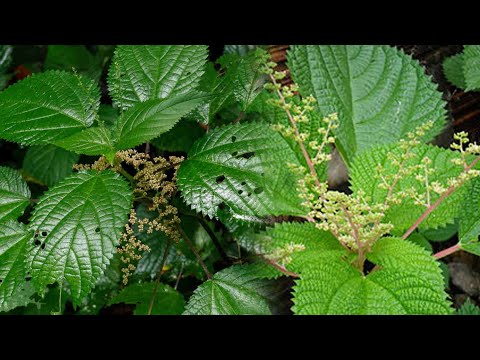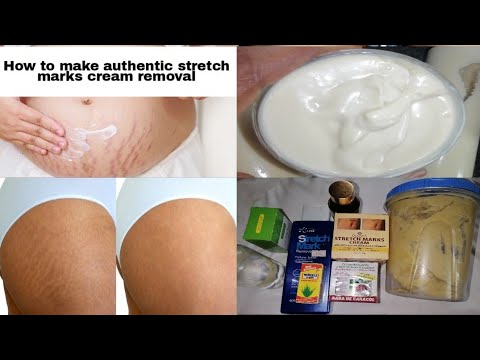What causes dandruff?
Dandruff is a common condition characterized by the shedding of dead skin cells from the scalp. While the exact cause of dandruff is not fully understood, several factors are believed to contribute to its development: 1. Malassezia Yeast: One of the primary factors associated with dandruff is the overgrowth of a yeast-like fungus called Malassezia. Malassezia is naturally present on the scalp, but in some individuals, it can multiply excessively, leading to an inflammatory response and increased shedding of skin cells. 2. Sebaceous Gland Activity: The sebaceous glands on the scalp produce sebum, an oily substance that helps moisturize and protect the skin. However, excessive sebum production or an imbalance in sebum composition can contribute to dandruff. The excess sebum can mix with dead skin cells and contribute to the formation of flakes. 3. Scalp Sensitivity: Some people have a more sensitive scalp, which can react to various factors and trigger dandruff. This sensitivity can be due to genetic predisposition, environmental factors, or underlying skin conditions like dermatitis or psoriasis. 4. Dry Skin: Dryness of the scalp can lead to dandruff formation. Cold weather, low humidity, or frequent use of harsh shampoos that strip the scalp of its natural oils can contribute to dryness and flaking. 5. Improper Hair and Scalp Hygiene: Poor hair and scalp hygiene, such as infrequent washing, can lead to the accumulation of oil, dirt, and dead skin cells, potentially exacerbating dandruff. 6. Hormonal Factors: Hormonal fluctuations, particularly during adolescence or certain stages of adulthood, can influence sebum production and contribute to dandruff development. 7. Other Factors: Certain medical conditions like eczema, psoriasis, fungal infections, or autoimmune disorders can cause dandruff-like symptoms. Additionally, stress, diet, and individual genetic factors may also play a role. While dandruff is not typically a serious condition, it can be persistent and cause discomfort or self-consciousness. Treatment options for dandruff include using specialized anti-dandruff shampoos containing active ingredients like zinc pyrithione, salicylic acid, ketoconazole, or selenium sulfide. It’s also essential to maintain good scalp hygiene, avoid excessive use of styling products, and address any underlying skin conditions if present. If dandruff persists despite over-the-counter treatments or is accompanied by severe itching, inflammation, or other concerning symptoms, it’s advisable to consult
source







